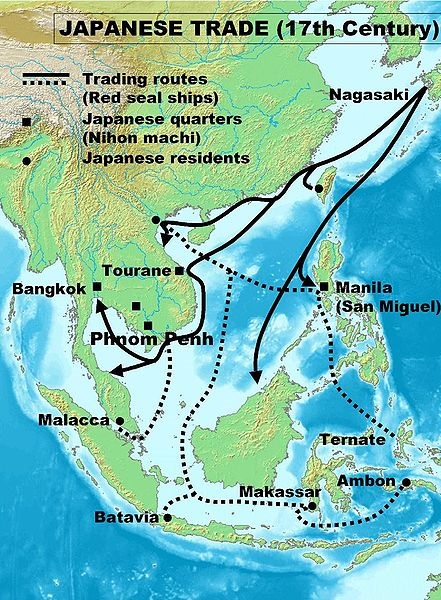Lemme try this again with Japan.
How would a Japan East Indies Company emerge? POD must be at late 1700s. Japan opening up, obviously, is a factor- but what would spur such policy? Would the JEIC survive the economic competition between other Companies during the time? What should it do to survive?
This is probably easier than the first AHC I've posted....
How would a Japan East Indies Company emerge? POD must be at late 1700s. Japan opening up, obviously, is a factor- but what would spur such policy? Would the JEIC survive the economic competition between other Companies during the time? What should it do to survive?
This is probably easier than the first AHC I've posted....
